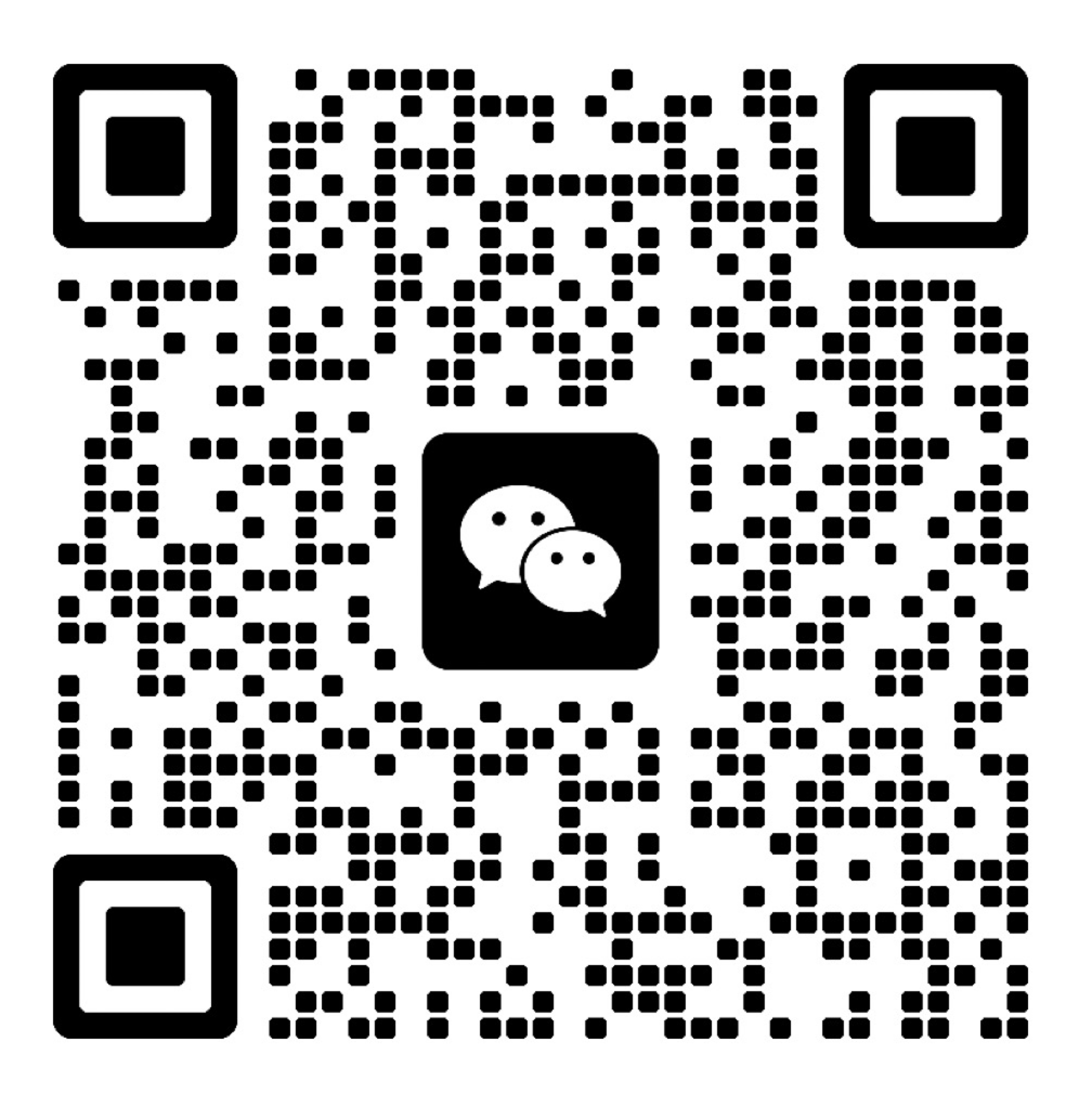无论在雅思的写作考试还是口语考试中,单个词汇的频繁出现会给考官留下表达内容单一、词汇匮乏的印象,直接影响到成绩。
但为什么当我说自己准备的同义替换词时,考官神秘一笑?
那一定是词义色彩用错了。我们给大家精选了一些常用语义的不同说法,且为了避免考官下次再对你神秘一笑,根据《Collins English Dictionary》精细地区分了词义特征。
先从考试中最常用到的“表达情绪”的词语开始~
我有独特的表达困惑的技巧——
puzzle / confuse / confound / perplex / baffle / bewilder
以上各词均含有“另···困惑”的意思。
puzzle /ˈpʌz(ə)l/
释义:if something puzzles you, you do not understand it and feel confused.(使迷惑,使困惑)
例句:My sister puzzles me and causes me anxiety.(例句来源:Collins English Dictionary)
我妹妹总让我捉摸不透,弄得我焦虑不安。
词义辨析:因为事情境况的复杂和困难而导致的困惑不解。
confuse /kənˈfjuːz/
释义:to make sb unable to think clearly or understand sth(使糊涂,使难以理解)
例句:Do not draw it on the chart, however, as this will confuse the issue 。(例句来源:Collins English Dictionary)
别把它画到图上去,因为那样反而会混淆问题的重点。
词义辨析:把事物弄混淆、弄复杂,多用于表示难堪、困惑的情绪。
confound /kənˈfaʊnd/
释义:to confuse and surprise sb 使困惑惊讶;使惊疑
例句:Hemomentarily confounded his critics by his cool handling of the hostage crisis.(例句来源:Collins English Dictionary)
他对人质危机的冷静处理一时让批评者们惊讶不已。
词义辨析:较其他近义词而言,突出“惊讶”的情感色彩,多指困扰且无法镇定。
perplex /pə(r)ˈpleks/
释义:if something perplexes you, it confuses and worries you because you do not understand it or because it causes you difficulty.(深受…困扰,使担心)
例句:It perplexed him because he was tackling it the wrong way.(例句来源:Collins English Dictionary)
由于处理不当,这个问题令他大伤脑筋。
词义辨析:用于某件事、某个形式使人产生疑惑。
baffle /ˈbæf(ə)l/
释义:to confuse sb completely; to be too difficult or strange for sb to understand or explain 使困惑;难住
例句:Experts are baffled as to why an apple tree produces square fruits.(例句来源:Collins English Dictionary)
一棵结方形苹果的树令专家大惑不解。
词义辨析:多指不知所措、无法清楚地思考,常用被动语态。
bewilder /bɪˈwɪldə(r)/
释义:if something bewilders you, it is so confusing or difficult that you cannot understand it.(使困惑,使糊涂,使不知所措)
例句:The silence from Alex had hurt and bewildered her.(例句来源:Collins English Dictionary)
亚历克斯的沉默伤害了她,让她不知所措。
词义辨析:侧重于“迷茫”、“被难住”的意思。指事物或现象使人的大脑不能清醒进行思考和理解,语气较confuse强。
开心的6种姿势——
glad / merry / delighted / cheerful / joyful / happy
以上各词均含有“快乐的”、“高兴的” 含义。
glad /ɡlæd/
释义: happy about sth or grateful for it .指高兴、愉快、感激
例句:I'm glad I relented in the end.(例句来源:Collins English Dictionary)
我很高兴自己的态度最终缓和了下来。
词义辨析:常用于谈论因为特定某一件事而高兴。
merry /ˈmeri/
释义:if you describe someone's character or behaviour as merry, you mean that they are happy and cheerful.兴高采烈的、讨人喜欢的
例句:He was much loved for his merry nature.(例句来源:Collins English Dictionary)
他快乐的天性很是招人喜欢。
词义辨析:以有趣和快乐为特征的或令人感到有趣和快乐的。
delighted /dɪˈlaɪtəd/
释义:if you are delighted, you are extremely pleased and excited about something. 高兴的,愉快的,快乐的
例句:I'm delighted at your news.(例句来源:Collins English Dictionary)
听到你的消息我非常高兴。
词义辨析:用于为突然发生的好事情感到高兴。
cheerful /ˈtʃɪrf(ə)l/
释义:happy and showing it in your behaviour or expression.欢快的、兴高采烈的
例句:They are both very cheerful in spite of their colds.(例句来源:Collins English Dictionary)
他们俩虽然感冒了,可都兴高采烈的。
词义辨析:用于表示天性乐观说表现出来的愉悦,包括处于不利情况下的欢乐。
joyful /ˈdʒɔɪf(ə)l/
释义: very happy; making people very happy .欣喜的、令人愉悦的
例句:Giving birth to a child is both painful and joyful. (例句来源:Collins English Dictionary)
生小孩是件既痛苦又令人高兴的事。
词义辨析:强调心理或感情上的愉悦,语气较强。
happy /ˈhæpi/
释义: pleased about sth nice that you have to do or sth that has happened to sb.指对必须做的或发生于某人身上的事感到高兴、快乐
例句:We are happy to announce the engagement of our daughter.(例句来源:Collins English Dictionary)
我们高兴地宣布,我们的女儿订婚了。
词义辨析:常用词,用于描述平常因幸福或满足产生的快乐。













